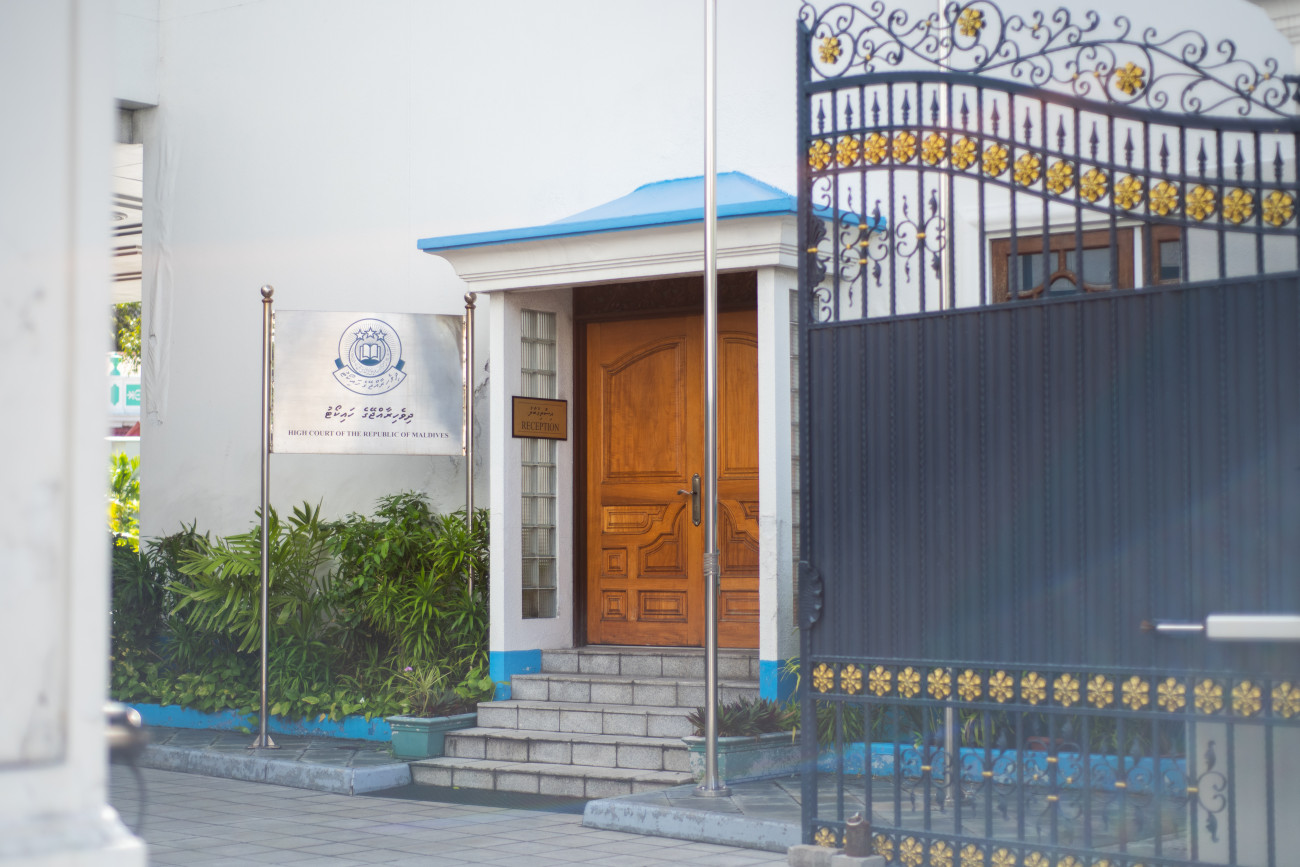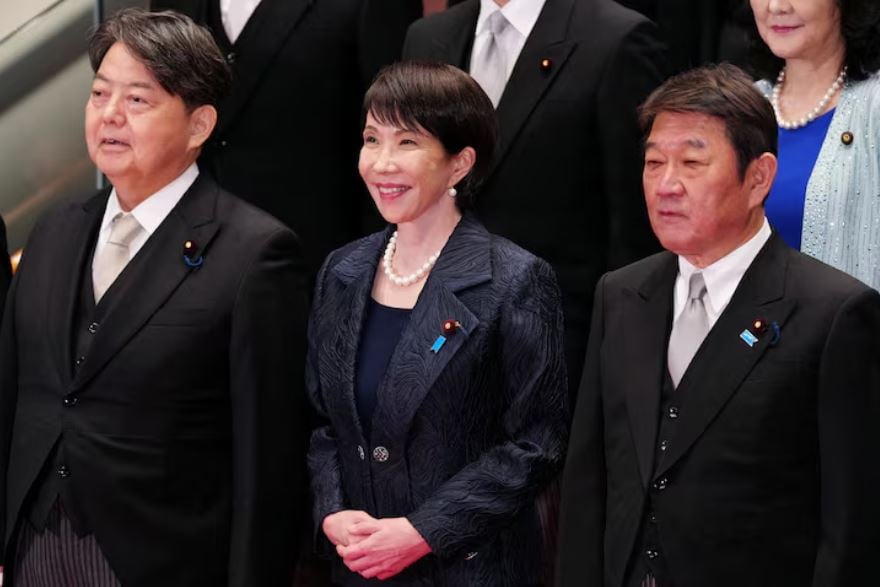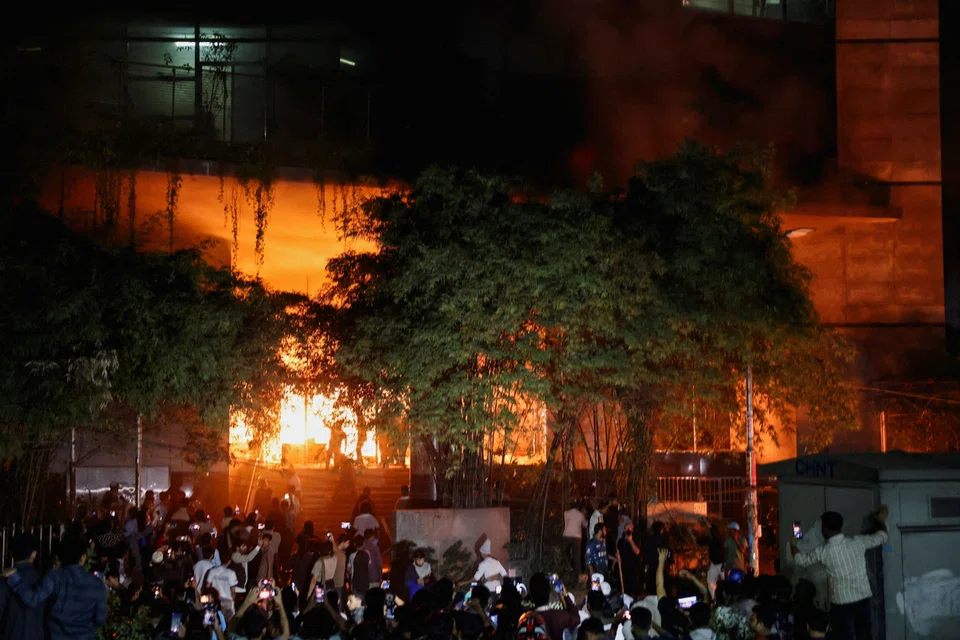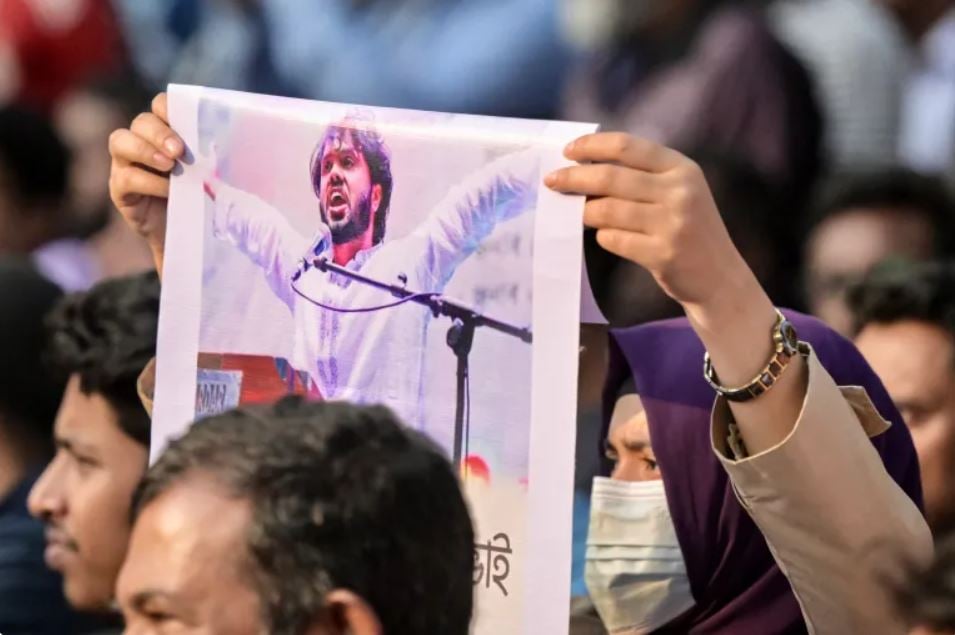The High Court has ruled that the Information Commissioner's Office was right to ask the Planning Ministry to disclose the details of the agreement on the Ameenee Magu development project.
The case was filed in court after the Planning Ministry refused to share the agreement and blueprints of the Ameenee Magu development project after being asked by members of the public.
A member of the public first approached the ministry for information. However, after the Planning Ministry refused to provide the details, the party filed a complaint with the Information Commissioner's Office. ICOM also asked the ministry to disclose the details of the road development agreement.
The Planning Ministry appealed against ICOM's decision in the High Court, saying it was illegal.
The High Court, in its judgment today, stated that the Planning Ministry's decision not to disclose the information was based on the ministry's claim that the information met the exceptional circumstances under the Access to Information Act. However, the court said that the ministry failed to prove this in court. According to the High Court, the ministry also said that disclosure of the information might adversely affect a third party. However since this third party, RDC, is not a state company, the Court said that it could not repeal ICOM's request.
All three judges of the High Court ruled that the agreement should be disclosed.
The case was filed in court after the Planning Ministry refused to share the agreement and blueprints of the Ameenee Magu development project after being asked by members of the public.
A member of the public first approached the ministry for information. However, after the Planning Ministry refused to provide the details, the party filed a complaint with the Information Commissioner's Office. ICOM also asked the ministry to disclose the details of the road development agreement.
The Planning Ministry appealed against ICOM's decision in the High Court, saying it was illegal.
The High Court, in its judgment today, stated that the Planning Ministry's decision not to disclose the information was based on the ministry's claim that the information met the exceptional circumstances under the Access to Information Act. However, the court said that the ministry failed to prove this in court. According to the High Court, the ministry also said that disclosure of the information might adversely affect a third party. However since this third party, RDC, is not a state company, the Court said that it could not repeal ICOM's request.
All three judges of the High Court ruled that the agreement should be disclosed.


















